Anti-inflammatory recipes are rich in antioxidants and omega-3 fatty acids, may potentially reduce inflammation, and promote overall well-being. As a bonus, get the list of the best anti-inflammatory foods to add to your diet!
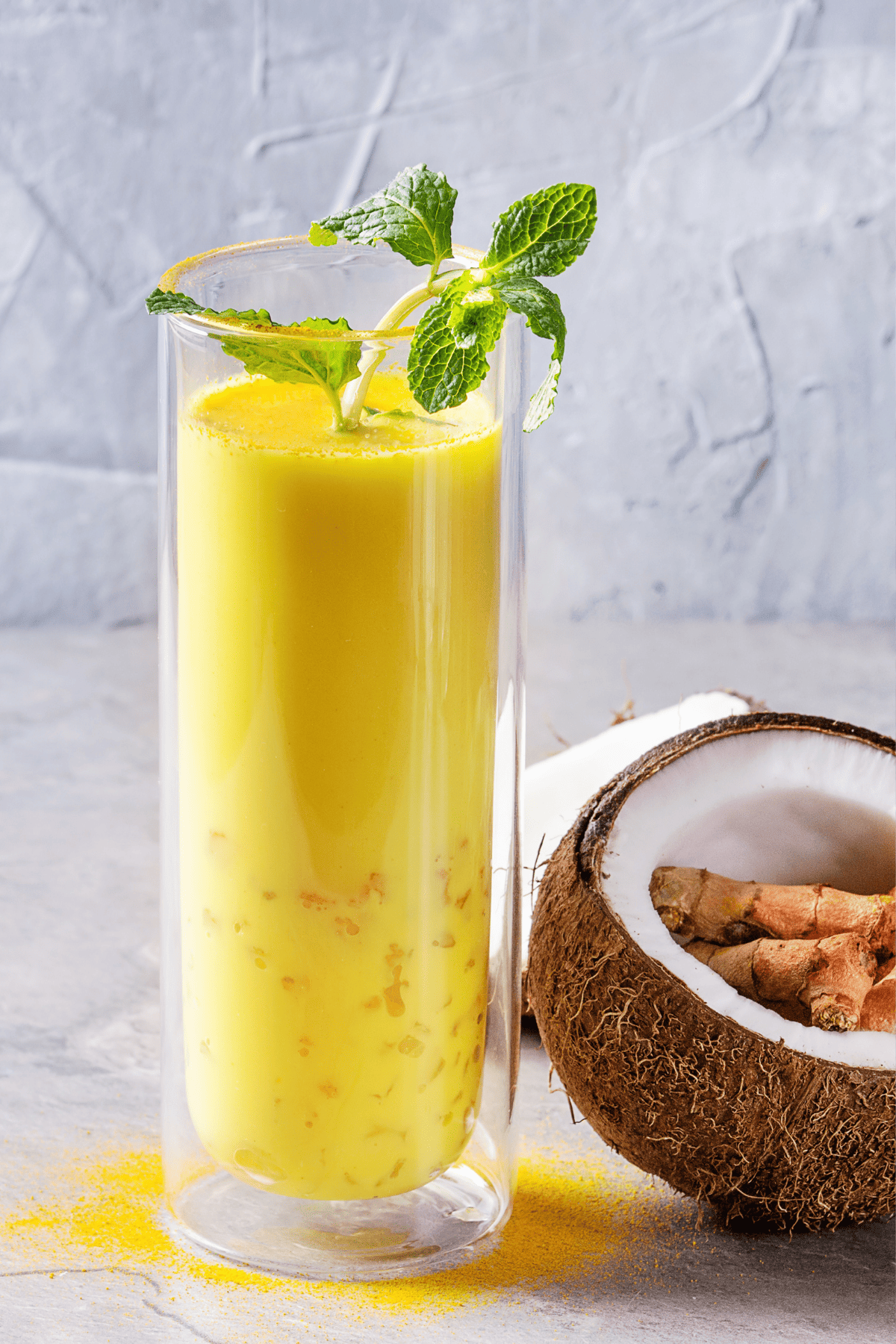
WATCH OUR LATEST VIDEO!
Table of Contents
What’s an Anti-Inflammatory Diet?
According to the University of Wisconsin-Madison, an anti-inflammatory diet:
- Emphasizes foods that naturally combat the inflammatory processes. This way of eating promotes the intake of whole foods like fruits, vegetables, lean proteins, nuts, and seeds.
- It also limits or eliminates foods known to exacerbate inflammation, such as refined sugars, processed foods, and certain types of fats. Adopting this type of diet not only may support a reduction in inflammation but may also promote optimal health, energy, and well-being.
- However, there is no such thing as a prescribed anti-inflammatory diet but there are foods with anti-inflammatory properties that you can consume to fight inflammation.
Also, while many diets may potentially have anti-inflammatory benefits, two stand out for their scientifically backed results and comprehensive approach:
Mediterranean Diet
- Features mainly fish, whole grains, and healthy fats like olive oil.
- Prioritizes fresh fruits and vegetables, particularly leafy greens and colorful varieties which make great anti-inflammatory foods.
- Incorporates nuts, seeds, and legumes.
- Limits red meat and avoids processed foods and sugars.
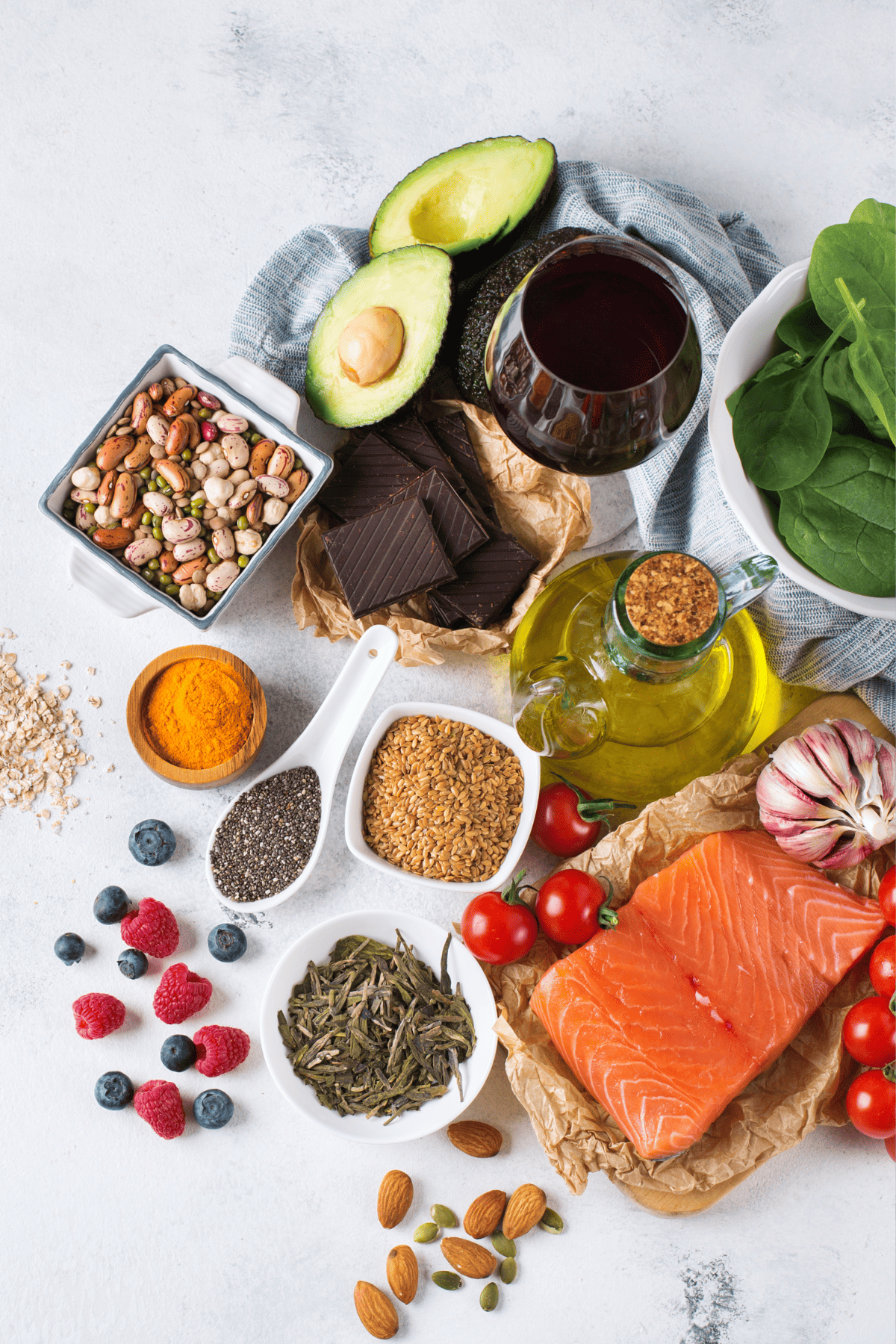
DASH (Dietary Approaches to Stop Hypertension)
- Primarily designed to lower blood pressure.
- Focuses on whole foods like fruits, vegetables, and lean proteins.
- Encourages whole grains and low-fat dairy products.
- It reduces sodium, limits alcohol and caffeine intake, and may also lower inflammation according to Cleveland HeartLab.
Who May Benefit from Anti-Inflammatory Meals?
Almost everyone can benefit from consuming anti-inflammatory foods! According to Main Line Health, it's particularly beneficial for individuals with chronic inflammatory conditions like arthritis, diabetes, cardiovascular disease, or autoimmune disorders.
Anti-inflammatory diets are also effective for anyone aiming to improve general health or reduce the risk of chronic diseases.
Top Anti-Inflammatory Foods
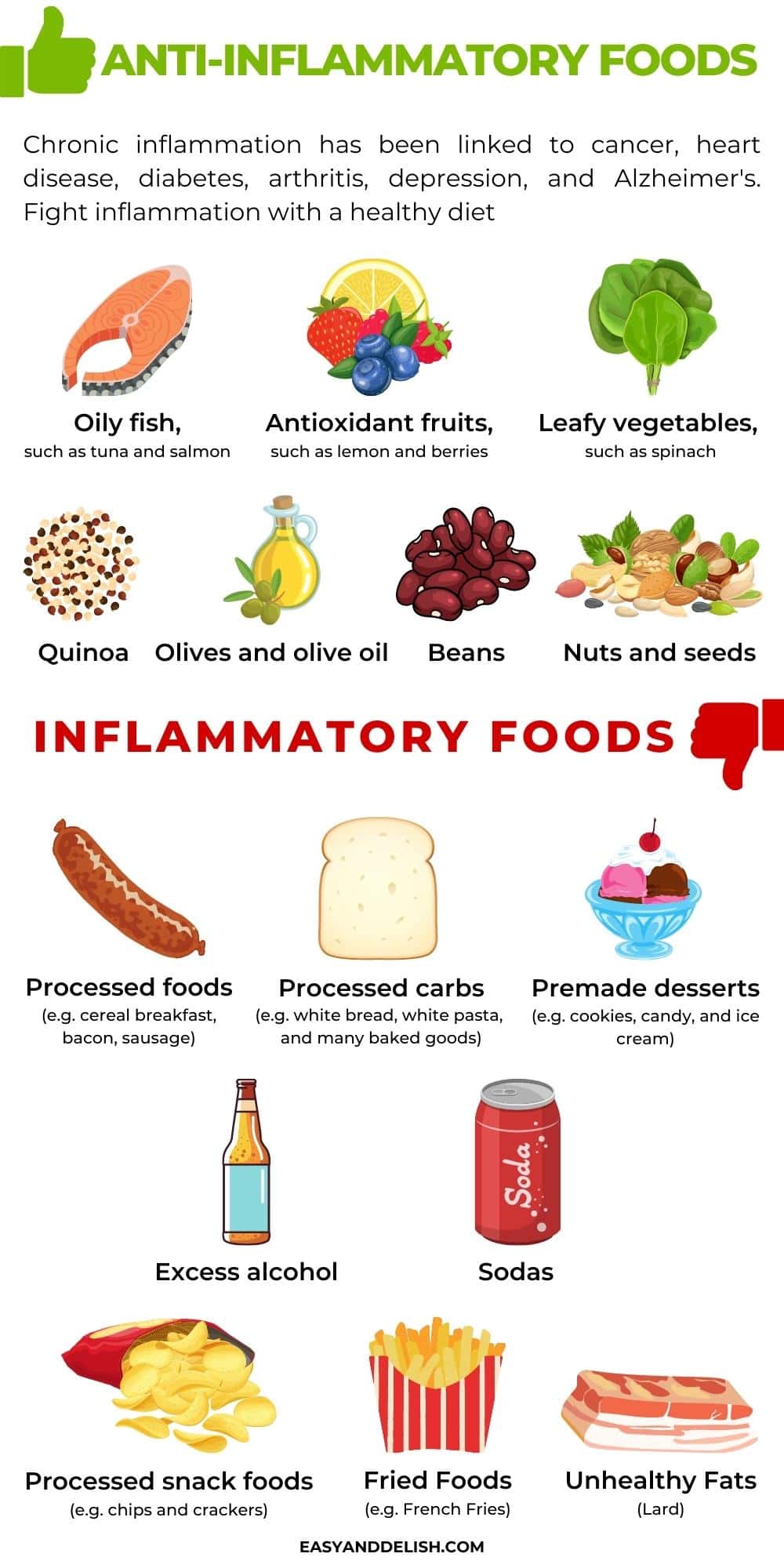
When you’re looking to build a pantry with anti-inflammatory foods, here are some of the must-haves:
- Fruits (e.g. citrus, stone fruits, watermelon, grapes, pomegranates, apples, etc.). Berries (blueberries, strawberries, and raspberries) are rich in antioxidants that help reduce inflammation. Avocados are rich in monounsaturated fats and magnesium.
- Vegetables (e.g. carrots, garlic, onion, leafy veggies such as spinach and kale). Like fruits, they are rich in fiber! Broccoli contains sulforaphane, an antioxidant that fights inflammation.
- Whole grains (oats, barley, bran, etc) contain fiber to feed your gut. Check out the best foods for gut health!
- Legumes (such as beans and lentils)
- Fatty fish such as salmon, sardine, tuna, herring, mackerel, and cod contain Omega-3s fatty acids.
- Poultry (skinless)
- Nuts (almonds, pecans, walnuts, etc.) contain omega-3 fatty acids reducing the risks of strokes and heart attacks.
- Seeds such as chia, which is in our anti-inflammatory smoothie, flaxseed, pumpkin seeds, sesame, etc. Flaxseeds are also one of the best anti-inflammatory foods.
- Unsaturated fats such as olive oil and flaxseed oil. Olive oil is a source of monounsaturated fats and antioxidants.
- Herbs and spices such as mint, cinnamon, ginger, cayenne pepper, and turmeric. Turmeric contains curcumin, which is known for its potent anti-inflammatory properties. Check out these ginger shots and turmeric shots.
- Dark chocolate as well as other foods containing polyphenols, plant chemicals found in berries, many herbal teas (chamomile, spearmint, green tea, lemongrass, etc), apples, citrus, onions, soybeans, and coffee. Dark chocolate has high flavonols that reduce inflammation. Opt for 70% cocoa or higher! Green tea offers polyphenolic compounds that have anti-inflammatory effects.
- Red wine: Studies have shown that low to moderate consumption of red wine can decrease inflammation because it contains resveratrol, a compound with anti-inflammatory properties.
High-Inflammatory Foods to Avoid
While certain foods combat inflammation, others promote it. Be aware of these foods:
- Processed meats: Sausages, hot dogs, and other highly processed meats are linked to inflammation.
- Fried foods: Deep-fried foods like French fries or chicken wings can exacerbate inflammatory conditions.
- Sugary drinks: Sodas and other sugar-sweetened drinks are known to cause inflammation.
- Refined carbohydrates: Unlike whole grains which are anti-inflammatory foods, simple carbohydrates found in white bread, pastries, and many processed snacks can promote inflammation.
- Trans fats: Trans fats are often found in margarine, baked goods, and fried foods.
- Excessive alcohol: Limit intake or consume alcohol in moderation as it exacerbates inflammatory disorders.
- Processed vegetable oils: Avoid processed oils like sunflower, safflower, and corn oil.
FAQs
According to more than one authoritative health source mentioned in this article, the anti-inflammatory diet may help most people, but individual responses can vary based on genetics, existing health conditions, and adherence to the diet. It's always best to consult with a healthcare professional for personalized guidance.
You may consume anti-inflammatory foods such as berries, fatty fish (salmon, tuna, mackerel, and sardines), nuts, seeds, green tea, and leafy greens.
Turmeric (preferably with black pepper to help with quick absorption), more specifically its active compound curcumin, is often touted as one of the most potent anti-inflammatory foods due to its strong ability to reduce inflammation at a molecular level according to WebMD. Regularly adding about ¼ teaspoon per day to a meal may help improve inflammation.
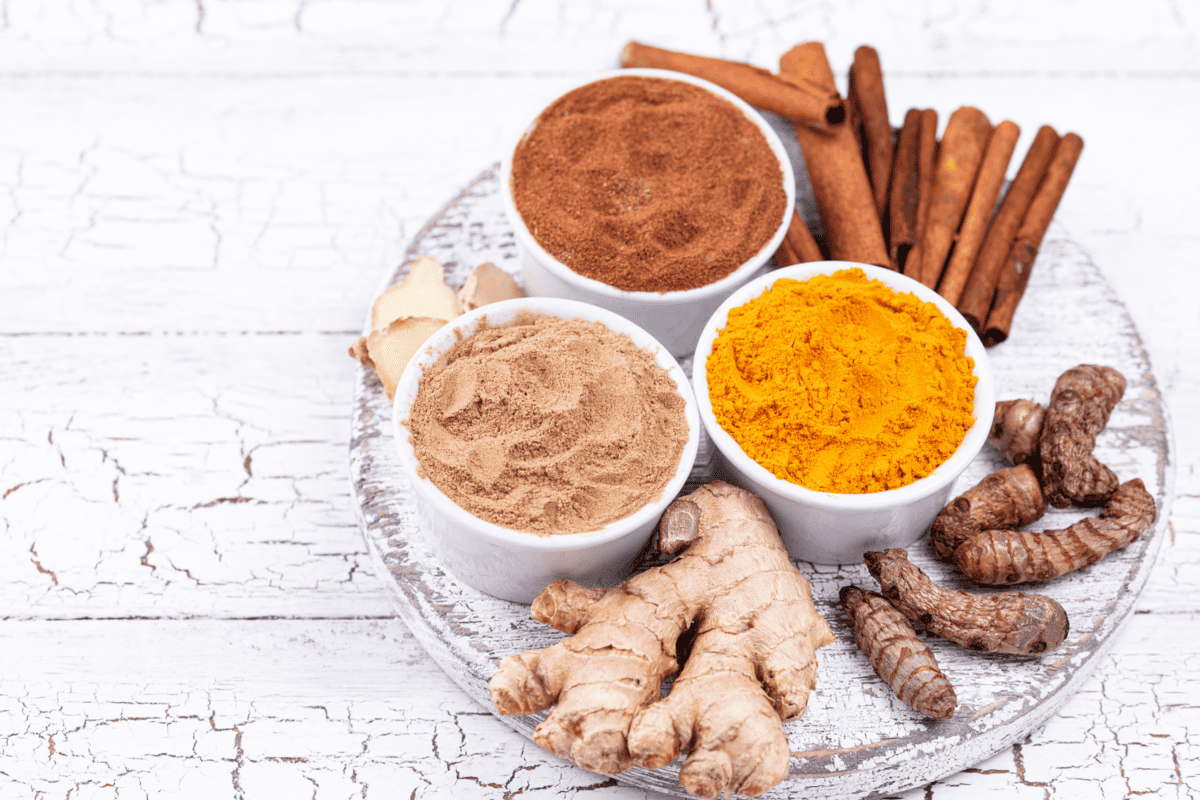
Easy Anti-Inflammatory Recipes
We made a list of anti-inflammatory diet recipes. However, a few of them can be considered low-inflammation meals (i.e. our flank steak salad made with a lean cut of beef and others that call for canned pulses and condiments).
Anti-Inflammatory Breakfasts
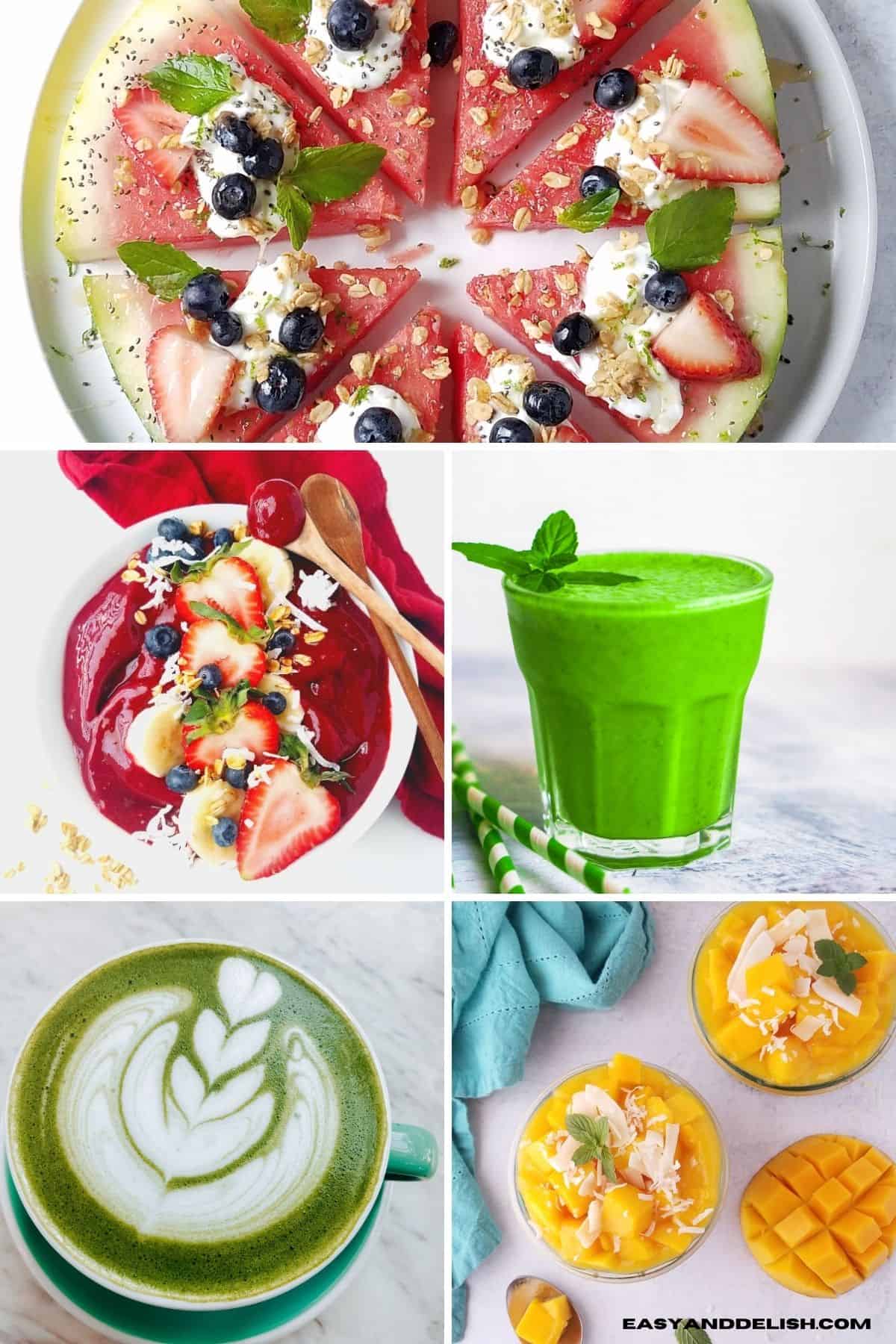
You may consume these anti-inflammatory breakfast recipes for snacks too!
- Green smoothie recipe
- Cucumber water recipe
- Detox juices
- Anti-inflammatory smoothie recipe
- Watermelon pizza recipe
- Mango coconut chia pudding
- Chocolate chia pudding
- Açaí bowl recipe
- Mango Smoothie Bowl
- Almond milk matcha latte
Anti-Inflammatory Dinners

These anti-inflammatory dinner recipes include a variety of plant-based meals and also animal protein that may potentially help lower inflammation. You can adapt them according to your needs.
- Cabbage soup diet recipe
- Baked salmon
- Air fryer salmon
- Instant Pot black beans
- Vegan feijoada
- Lentil soup
- Baked chicken breast (skinless)
- Air fryer chicken thighs (Skinless)
- Baked chicken thighs (Skin removed after baking)
- Tuna ceviche
- Thai Mango Salad
- White bean salad
- Butternut squash salad
- Shaved Brussels sprouts salad
- Berry salad
- Texas caviar
- Cucumber chickpea salad
- Cauliflower steak
- Mushroom steak
- Flank steak salad
- Cabbage steaks
- Beet goat cheese salad
- Norwegian fish soup
- Instant Pot lentils
- Probiotic smoothie (See Recipe Card)
More Healthy Recipe Round-Ups
If you love our anti-inflammatory recipes, check out also these healthy recipes below:
- 12 Gut Healthy Meals
- 27 High-Fiber Meals
- 30 Low-Carb Dinner Recipes
- 50+ Healthy Crockpot Meals for Dinner
- 50 Gluten-free Dinners
- 30 High-Protein Dinners
- 80 Low-Calorie Dinners
- 21 High-Protein Meal Preps for Lunch
- 20 Insulin Resistance Recipes
PIN AND ENJOY!
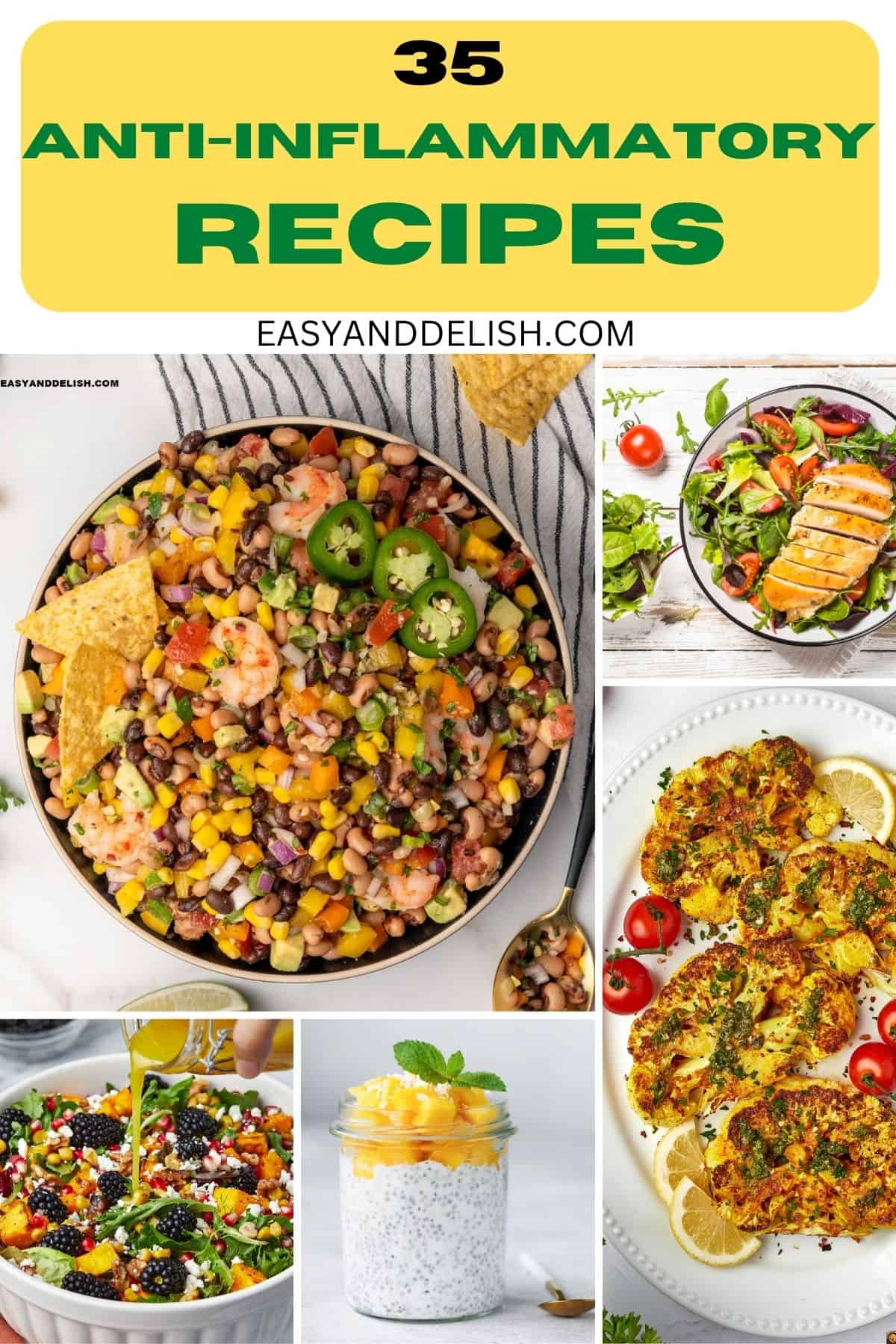
35 BEST Anti-inflammatory Recipes
Equipment
- 1 blender
- 1 glass
Ingredients
- ½ cup mango or pineapple, cubed (frozen or fresh) -- OPTIONAL (SEE NOTES)
- 1 cup unsweetened plain kefir milk or unsweetened coconut milk
- 1 tablespoon honey or maple syrup (or more if you prefer)
- ¼ teaspoon turmeric powder preferably with ground black pepper to help absorb it faster (or youc an add a dash or glound black pepper to your smoothie)
- Ice cubes Only if you use fresh fruit
Instructions
- Blend all the ingredients in a blender until smooth. Pour the mixture into a glass and drink immediately.
Recipe Notes
- You can either make this probiotic smoothie by adding the fruit to your drink, or you can skip the fruit and make "golden milk".
- Kefir has probiotics and should be drank immediately, while it is still chilled.
Nutrition
** Nutrition labels on easyanddelish.com are for educational purposes only. This info is provided as a courtesy and is only an estimate, since the nutrition content of recipes can vary based on ingredient brand or source, portion sizes, recipe changes/variations, and other factors. We suggest making your own calculations using your preferred calculator, based on which ingredients you use, or consulting with a registered dietitian to determine nutritional values more precisely.
Please note that health-focused and diet information provided on easyanddelish.com is for educational purposes and does not constitute medical advice, nor is it intended to diagnose, treat, cure, or prevent disease. Consult with your doctor or other qualified health professional prior to initiating any significant change in your diet or exercise regimen, or for any other issue necessitating medical advice.
This post was first published on August 16, 2023.



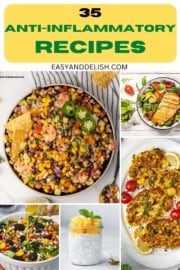
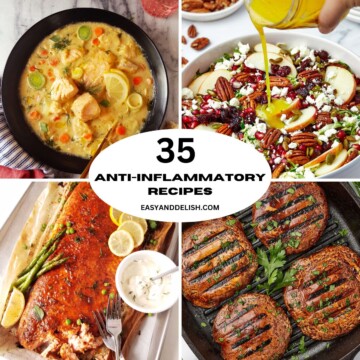
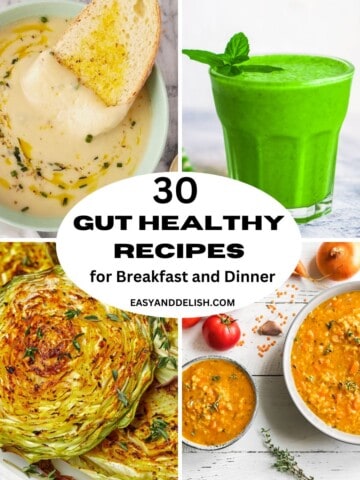
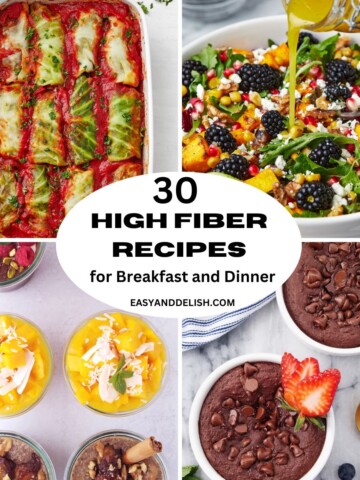


Velva-evening With A Sandwich says
After the gluttony of the holiday this is a welcome tonic.
Happy New Year!
Velva